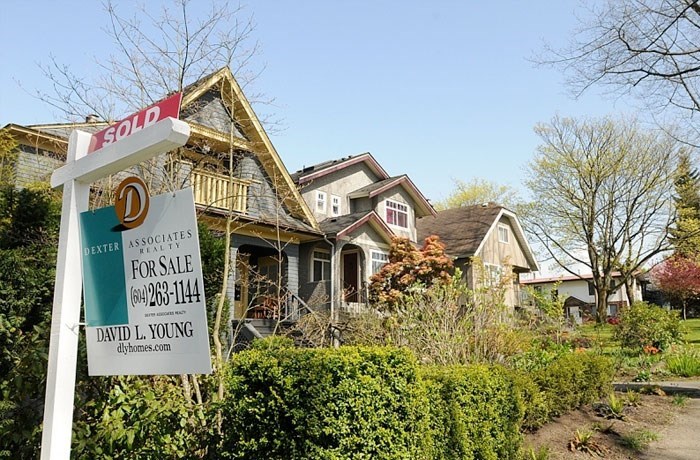For the last what-seems-like-forever, it’s been virtually impossible to mention the word “Vancouver” without the conversation quickly turning to real estate and its inherent unaffordability.
That same conversation invariably turns (depending on who’s in the room) to the cause. Supply! Demand! Off-shore investment! Empty homes! Everyone wants to live here! Yes, these issues all likely contribute as do other factors such as the demolition of older housing stock and (until recently) historically low interest rates. Recently however, a new player has entered the housing affordability fray: public hearings.
Public hearings are required before a city council adopts or amends a bylaw regulating land use. These bylaws, known as zoning bylaws, set out what is and isn’t allowed in certain areas or zones. It’s because of zoning bylaws that you won’t find an abattoir next to your home in Mount Pleasant or a 10-storey casino by your kid’s elementary school in Dunbar.
If you look at the Vancouver Charter, the rezoning and public hearing process should be relatively straightforward. Unfortunately, it’s not. The problem, however, is not public hearings, it’s everything that happens before the public hearing, during the “pre-application” stage. While a public hearing usually takes a few hours, the process leading up to it can take years.
During the “pre-application” process city staff will decide if it generally supports the application. If it does, then the proposal will likely have to be refined based on discussions with various city departments. Once all this is done, the application can be submitted and there will be further review before the matter is referred to public hearing.
It’s during this preliminary process that city staff negotiate with the developer over things such as “voluntary” cash or in-kind contribution known as community amenity contributions (CACs). As most developers will tell you, CACs are not truly voluntary. But since local governments can’t sell zoning, everyone has to move forward as if it’s just a generous gift. According to the City of Vancouver’s website the city negotiates CACs “using well established evaluation criteria and standard valuation techniques.” Vancouver’s technique for calculating CACs is the “land lift” method. Basically, the city and the developer negotiate the likely land value increase resulting from the rezoning. The city then requires payment of CACs that typically represent 75 per cent of the increase in land value as a condition of rezoning. This amount, which is generally in the millions, can be paid in cash or as “in-kind” contributions.
These discussions with city staff over things like CACs take place behind closed doors and can take years. Obviously, this delays the creation of new housing. But it also drives up unaffordability as developers end up paying millions that ultimately get passed on to the purchaser or renter to recoup costs.
The concern with the CACs, and in particular the land lift method for calculating them, was raised back in 2014 by the provincial government in a report titled “Community Amenity Contributions: Balancing Community Planning, Public Benefits and Housing Affordability.” In the report, the provincial government noted its concerns with the “land lift” model and its potential impact to affordability. The report states the “lift” approach is “the approach most likely to reduce the supply of developable land and housing, thereby contributing to higher housing costs.” The report also notes that the negotiations are often complex and time-consuming, and that determining the value of the CAC is often highly unpredictable. Despite the publication of this report with years ago the city of Vancouver continues to use this approach.
Although not necessarily a silver bullet, stopping the practice of negotiating CACs would go a long way in improving approval times and reducing the cost of housing. This doesn’t mean the city will lose out on the funds it needs to operate or provide services. If increased development is going to create a burden on infrastructure, the council can change its development cost charge bylaw to reflect this. These bylaws allow developers (and the public) to know in advance exactly what they are going to have to pay the city to proceed with a project. This ensures that the process is fair, fast(er) and predictable - everything the current negotiated CAC model is not. As an added bonus the process becomes more transparent, naturally leading to more confidence from the public and fewer citizens feeling disenfranchised once the public hearing finally happens.
The rezoning process might not be perfect but abolishing public hearings is not the answer to the current housing crisis. They provide an important and necessary (not to mention democratic) function, ensuring council makes good decisions after listening to all the stakeholders, including the people who elected them. What does, however, require further discussion is everything that happens before the public hearing. Without putting this step under the microscope we’ll likely find Vancouver’s housing crisis in the same or considerably worse shape when we head back to the polls in 2026..
Nathalie Baker is a municipal lawyer in Vancouver at Eyford Partners LLP.




